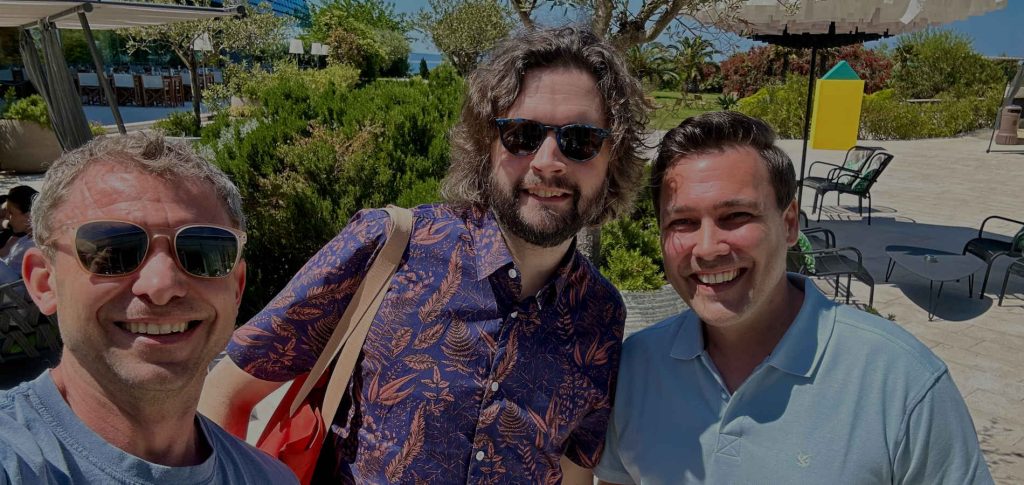One of the hottest topics these days is AI-assisted development. How can we leverage tools and practices to improve the flow and make teams more effective?
In this episode, I’m talking with Michael Geatz, who is dealing with this topic in his role as VP of Engineering. A couple of weeks ago, Michael stirred quite a bit of interest with his LinkedIn post sharing his experience of moving his development team to an AI-first development workflow. Soon after that post, I reached out to Michael and asked him to share more details with us, which he gladly accepted.
Don’t miss this episode because we cover topics such as:
- defining AI-first development workflow/process
- experience with different tools
- impact of AI-first development workflow on code quality and maintainability
- the difference in how team members of different seniority levels adjusted to new ways of working
- lessons learned in prompting models
- “selling” this idea in an organization
- his insights about productivity gains with AI-driven workflow
- and so much more…
Find the episode here: Spotify, Apple, Buzzsprout, and of course full 🎙️0800-DEVOPS archive.
Get the BizTech Evolution book
I’m grateful for all the positive feedback you’re sharing about BizTech Evolution! Therefore, I’m offering a 40% DISCOUNT code valid on Leanpub. Use it until Friday the 25th and get BizTech Evolution before your weekend begins ☀️
👉 Follow this DISCOUNT link: https://leanpub.com/biztechevolution/c/jVOxF0A9Cjf0

Keep them coming.. 🙂
If you had a chance to read the book, please reach out, I’d love to hear your thoughts.
Expert Generalists
One post especially caught my attention this past month, a post on Martin Fowler‘s blog called Expert Generalists because it resonates so much with trends that I see in the field and describe in my book BizTech Evolution.
In the post, the authors describe the rise of a new profile called Expert Generalist. It describes people whose skills span many specialties. Their curiosity puts them in a position to face different challenges, which they regularly solve using their skill set as a Swiss Army knife. Each such situation additionally builds their wide skill set, making them more capable of solving even harder challenges in the future. By addressing different challenges in different domains, they recognize patterns and build deep knowledge about fundamental principles that underpin our world, regardless of specific technology. When they build systems, they don’t see Java or Python. They see fundamental principles that the system needs to obey. In a way, they resemble Neo looking at the world and seeing The Matrix instead of steel, wood, or concrete.
My experience fully aligns with the post in that the Expert Generalist role will become important, but not everybody will be expected to become one.
The extent to which individuals will need to adjust their behavior depends largely on their visibility to clients. Those with more direct client interactions will need to adjust more significantly. They will need to broaden their perspectives and skills to incorporate the BizTech mindset, becoming more generalist in their roles.
Individuals who were less visible to clients will still need to adapt but to a lesser extent. While they, too, must adopt the BizTech mindset, their role will typically involve more focused conversations within the specific component they are building. As a result, they will remain specialists, but it is still expected that they will begin asking broader questions about the client’s business goals within the scope of their activities.

Adjusting Daily Behavior to the BizTech Mindset
For individuals in business-related roles, the shift involves gaining a deeper understanding of the possibilities that modern technology offers, so they can guide conversations toward solutions that deliver the most value. However, they are not expected to become technical architects.
In general, everybody will to a certain extent need to become more of a generalist in their role. And I’m glad that my view aligns with Martin’s recent post 🙂
Enjoy your summer!
— Ivan
Falls Sie Fragen haben, sind wir nur einen Klick entfernt.



